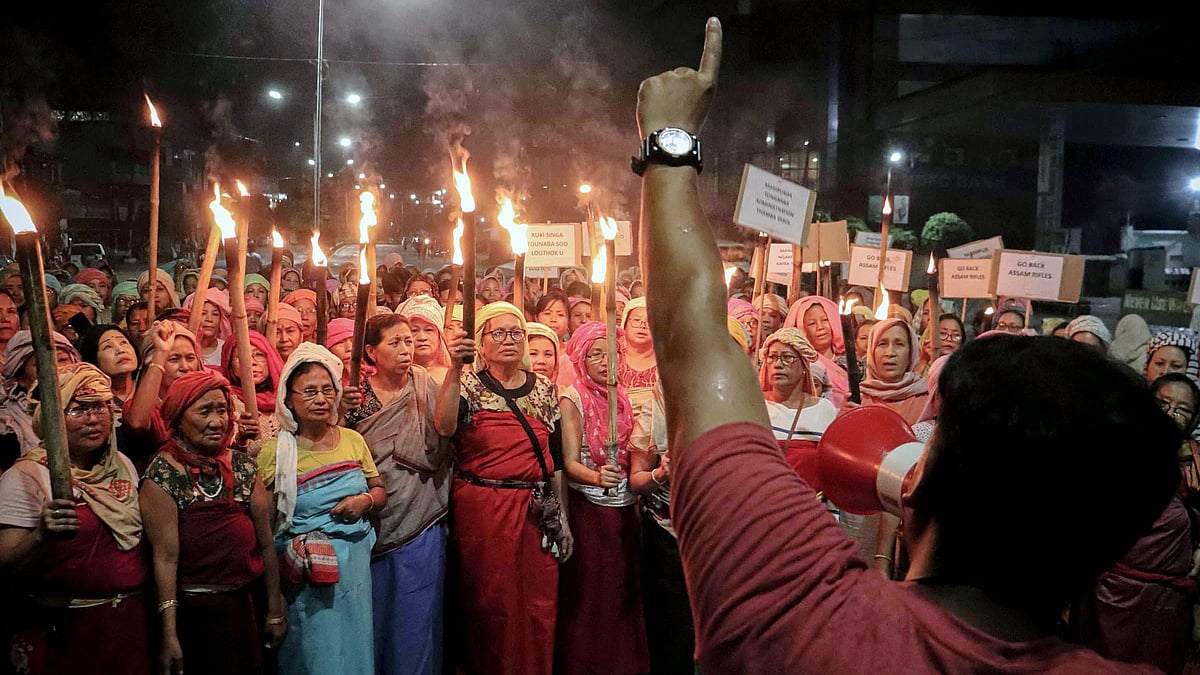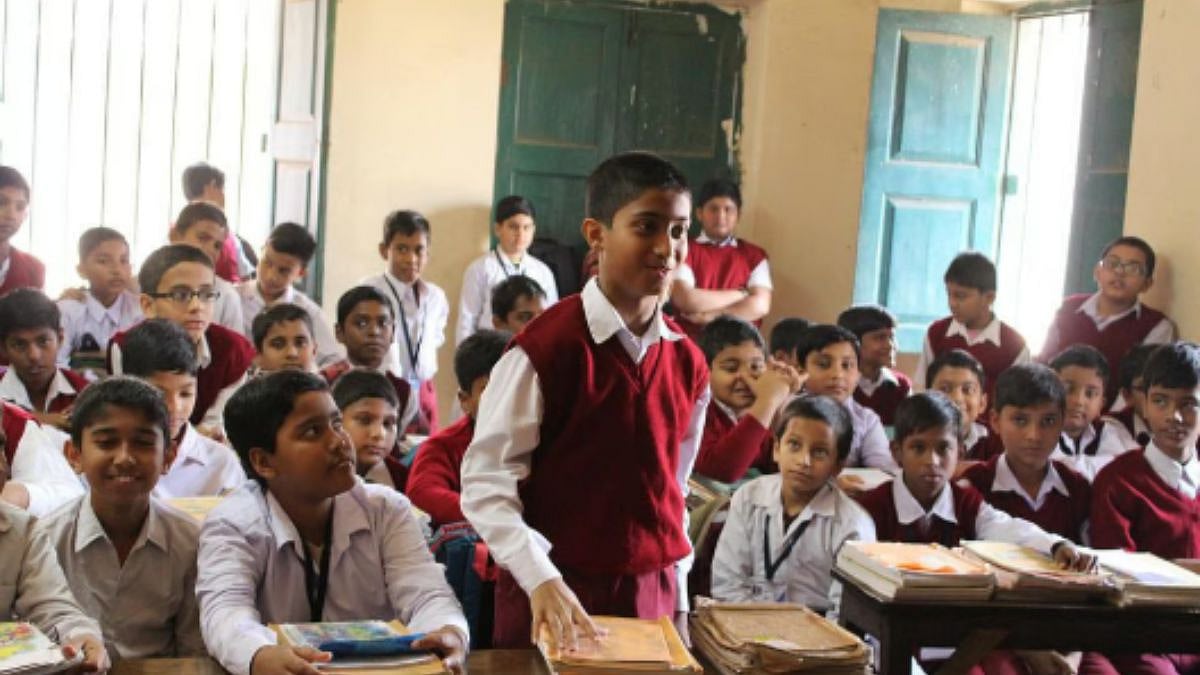Margaret Atwood’s The Handmaid’s Tale presents a dystopian society where women are subjected to systemic violence, including rape, illustrating the extreme manifestations of patriarchal control. This powerful critique of gender-based oppression is echoed in contemporary Indian society, where victim-blaming remains a troubling reality.
For instance, after the Nirbhaya incident in Delhi, then Congress Chief Minister Sheila Dixit suggested that the case was blown out of proportion by the media. Before that, she made another insensitive remark after the murder of a woman journalist, saying a woman working till late in the night needed a male escort to ensure her safety. These real-world examples reflect a disturbing tendency to shift the blame onto victims, mirroring the themes of control and oppression that Atwood explores.
Many found the statement by a woman chief minister extremely regressive, as it implied that working women should return home early to avoid harm. In 2014, the then SP Chief Mulayam Singh Yadav, opposing the death penalty for rape, had said that “Boys will be boys, they make mistakes.” In 2021, following the gangrape of two minors in Goa, the then Goa chief minister, Pramod Sawant, had asked why they were out so late. No wonder the doctors protesting in Kolkata against the RG Kar incident have prevented politicians from any party from hijacking the movement, as they inevitably end up politicising the issue.
But why blame politicians when commercial Bollywood movies continue to objectify women through a heterosexual male perspective? Bollywood movies often portray heroes as revelling in their machismo and sadism, tone-deaf to the sensitivities of the heroine. Then there is a popular Hindi rap singer whose songs are often mired in controversies for being blatantly misogynistic and sexist, offending one’s aesthetic sensibilities.
The clamour for the death penalty for rapists, which has grown louder following the tragic death of a female doctor in Kolkata, requires serious analysis. Can this extreme step truly instil fear in the minds of potential rapists, in a society where women are often blamed for inviting such crimes because of their choice of clothes or the timing of their presence in public places? Can a death sentence truly alter deeply ingrained misogynistic mindsets that try to resist the autonomy and assertiveness of women?
The ‘Aparajita’ Bill introduced by the Mamata Banerjee government has faced widespread criticism, with many arguing that it was passed hastily. Instances of sexual violence against women reveal the criminal and perverted mindset of those who see rape as a brutal exercise of male power and authority. It is rare to see rapists feeling penitent after committing the crime. Before being hanged, one of the rapists of Nirbhaya showed no remorse for his heinous act. Steeped in misogynistic toxicity, he told a foreign channel, “Housework and housekeeping is for girls, not roaming in discos and bars at night doing wrong things, wearing wrong clothes. About 20% of girls are good.”
Nothing can truly change until men start respecting women at home, in the workplace, and in public spaces. Even after 75 years of Independence, social evils like female infanticide and dowry deaths remain deeply ingrained in our society, much like a virulent virus. It is paradoxical that despite the rising levels of education in the country, such heinous practices continue unabated.
Encouraging boys to respect girls right from school onwards is essential for building a culture of mutual respect and understanding. By teaching boys to value the dignity and rights of girls, we can lay the foundation for healthier relationships and social interactions.
Many are asking whether watching porn can lead to incidents of rape. A recent American study, published in Psychology of Violence, found that individuals who watch violent pornography are more likely to engage in sexual aggression, mimicking the violence they observe. The researchers emphasise that the nature of the content consumed plays a key role in understanding the connection to sexual aggression.
Even today very few women, trapped in patriarchal marriages and burdened by the pressures of traditional gender roles, manage to walk away. Ammu, one of the key characters in Arundhati Roy’s The God of Small Things, challenges traditional gender roles and societal constraints in her search for love and independence.
To be fair to Indian men, it is important not to tar all with the same brush. There are still many morally upright and well-intentioned men who, like Rabindranath Tagore’s character Gora in the eponymous novel, value the equality of women. These men recognise that women, like men, are individuals with their own thoughts and capabilities. This is especially evident in Gora's relationship with Sucharita, a strong and independent woman, where mutual respect and understanding are central to their connection.
The writer is a Delhi-based journalist









.jpg)